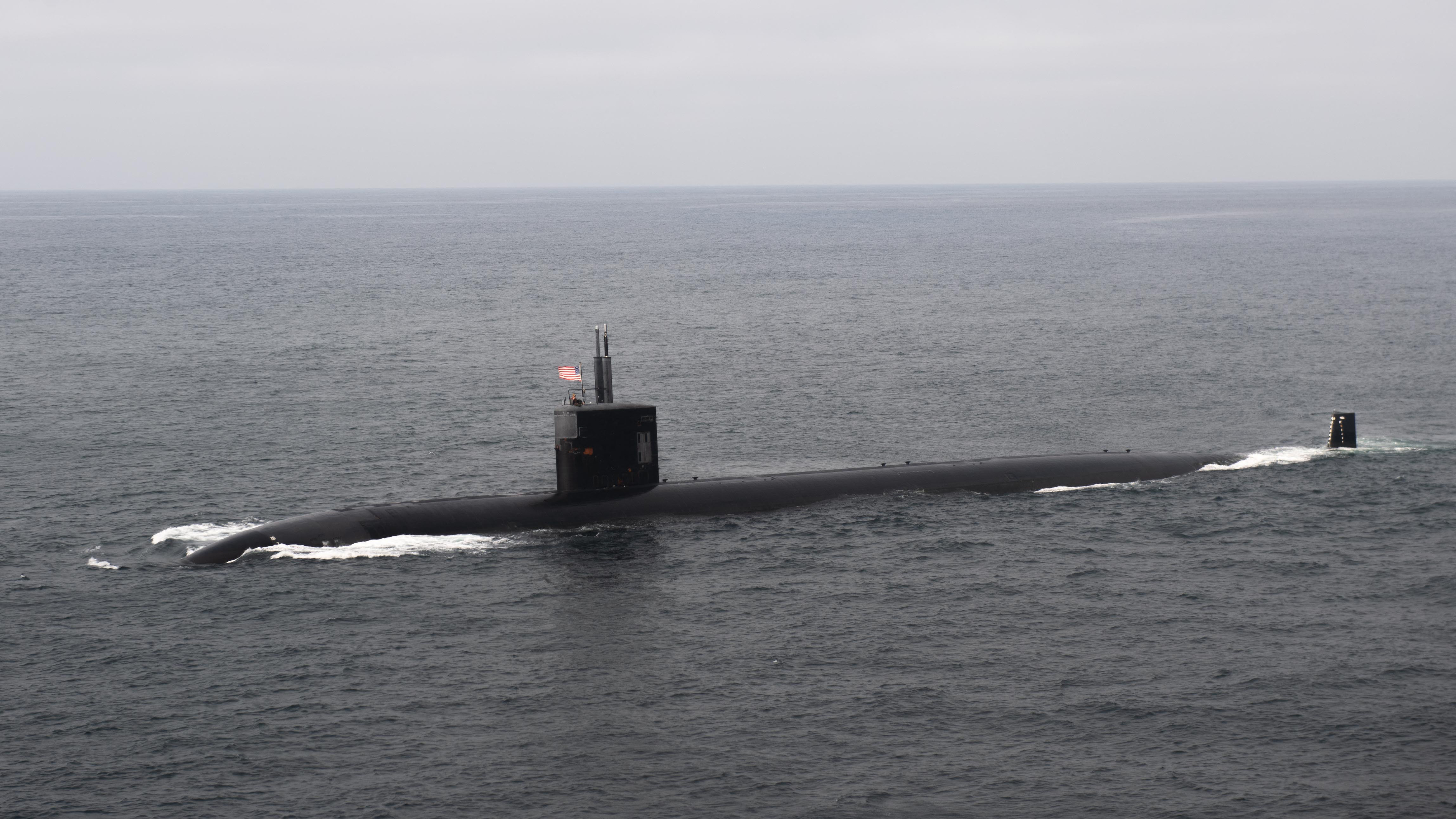

In its current Nuclear Posture Review (NPR), the Biden administration, like previous U.S. administrations, will review the circumstances in which the United States would consider the use of nuclear weapons. In particular, it will decide whether to adopt a declaratory policy of no first use (NFU) in which U.S. nuclear weapons would only be used in response to a nuclear attack against the United States or its allies and partners. Supporters of NFU, who may well include President Joe Biden, face especially strong headwinds in making their case in the present environment. If NFU once again proves to be a bridge too far, the Biden administration should consider alternative means of demonstrating its commitment to reducing the role of nuclear weapons, particularly in deterring or responding to non-nuclear attacks.
Specifically, the Biden NPR should make clear that the circumstances in which the United States might consider the use of nuclear weapons in response to non-nuclear attacks are extremely limited and significantly more limited than suggested by the 2018 NPR. The Biden NPR should also declare that adoption of NFU/sole purpose is a U.S. goal and that the administration will work to put in place the conditions that would allow that goal to be adopted without undermining U.S. and allied security interests. To show the administration is serious about following through on that declaration, the NPR should direct an internal study that would identify those conditions and the policies and programs that would accelerate their realization. It should also call for establishing consultative mechanisms with allies charged with developing a common understanding of the conditions for declaring NFU/sole purpose as well as with promoting and monitoring progress toward fulfilling those conditions.
 dated September 28, 2021 of the Los Angeles-class fast-attack submarine USS Columbia (SSN 771) conducts tactical maneuvers and naval formations during a training exercise. A US navy nuclear engineer and his wife have been charged with trying to sell nuclear secrets to what they thought was a foreign state. Jonathan Toebbe and his wife Diana were arrested in West Virginia on Saturday, the Justice Department announced. They allegedly tried to sell nuclear submarine design data, hidden in a peanut butter sandwich, to someone they thought represented another country. In fact, it was an undercover FBI agent. U.S. Navy photo by Mass Communication Specialist 2nd Class James S. Hong via ABACAPRESS.COM" />
dated September 28, 2021 of the Los Angeles-class fast-attack submarine USS Columbia (SSN 771) conducts tactical maneuvers and naval formations during a training exercise. A US navy nuclear engineer and his wife have been charged with trying to sell nuclear secrets to what they thought was a foreign state. Jonathan Toebbe and his wife Diana were arrested in West Virginia on Saturday, the Justice Department announced. They allegedly tried to sell nuclear submarine design data, hidden in a peanut butter sandwich, to someone they thought represented another country. In fact, it was an undercover FBI agent. U.S. Navy photo by Mass Communication Specialist 2nd Class James S. Hong via ABACAPRESS.COM" />
Arms Control & Nonproliferation Go bold or go home: The Nuclear Posture Review must give Biden real options